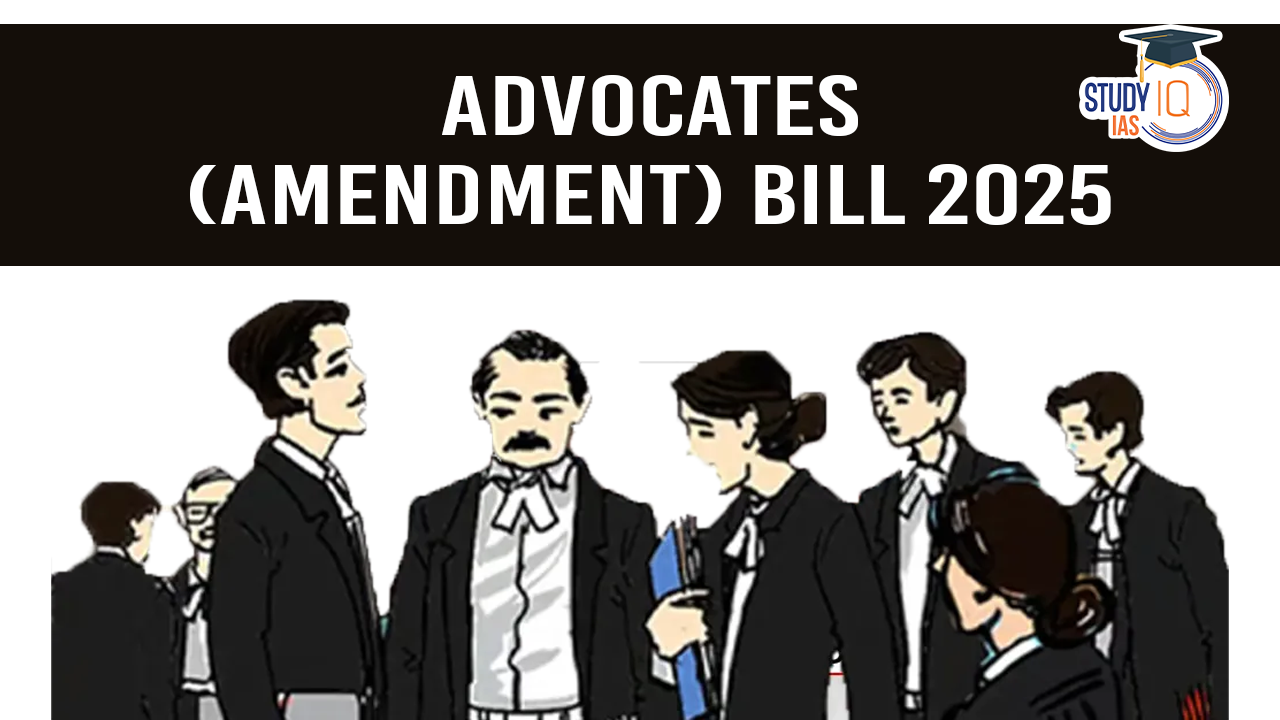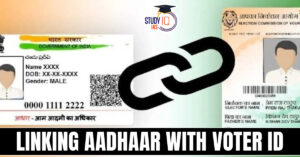Table of Contents
Context: The Advocates (Amendment) Bill, 2025, was withdrawn recently after facing opposition from legal bodies.
Objectives of Advocates (Amendment) Bill, 2025
- The Law Ministry sought to amend the Advocates Act, 1961, to address “contemporary challenges” in the legal profession.
- It aimed to align Indian legal practices with global standards and accommodate changes in the legal sector.
| About Advocates Act, 1961 |
|
Key Controversies Surrounding the Bill
Ban on Lawyer Strikes and Boycotts
- The Bill introduced Section 35-A, which prohibited lawyers from going on strike or boycotting courts.
- It defined such actions as “misconduct”, making lawyers subject to disciplinary action under the 1961 Act and BCI Rules, 1975.
- Concern: Many bar associations protested, arguing that strikes are a legitimate tool for lawyers to voice their grievances.
Concerns Over Executive Control
- The Bill proposed expanding the government’s role in the Bar Council of India (BCI) by allowing the Centre to nominate up to three members.
- These nominees would join existing members like the Attorney General, Solicitor General, and representatives from State Bar Councils.
- The BCI strongly opposed this, calling it “draconian” and an attempt to reduce its independence.
Key Provisions Affecting the BCI’s Autonomy
- Section 49B: Allowed the Centre to issue binding directions to the BCI.
- Section 45B: Enabled the BCI to hear complaints against advocates nationwide and suspend lawyers at its discretion.
- Section 48B: Empowered the BCI to dissolve State Bar Councils and replace them with a committee if found ineffective.
Impact on Corporate Lawyers and Foreign Law Firms
- The Bill expanded the definition of “legal practitioner” to include corporate lawyers, in-house counsel and lawyers from foreign firms.
- It aimed to formally recognize corporate lawyers and regulate the entry of foreign law firms into India.
- The BCI opposed this, arguing that it could blur the distinction between advocates and legal practitioners.


 Linking Aadhaar with Voter ID Endangers ...
Linking Aadhaar with Voter ID Endangers ...
 Article 142 of Indian Constitution, Sign...
Article 142 of Indian Constitution, Sign...
 Pakistan-Occupied Kashmir (PoK): History...
Pakistan-Occupied Kashmir (PoK): History...





















